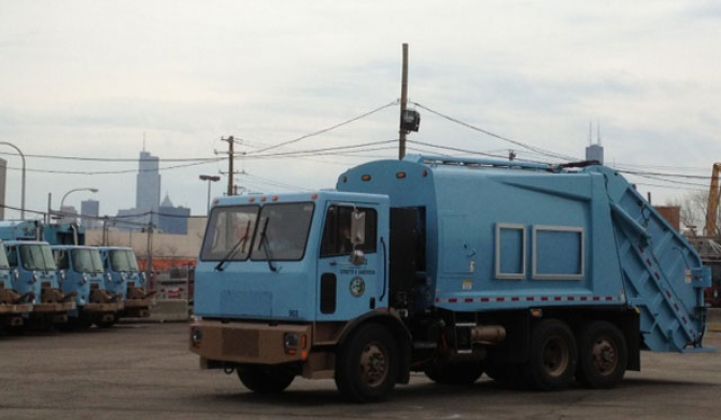Motiv Power Systems has raised an additional $8.1 million from the California Energy Commission to expand manufacturing of its all-electric powertrain.
Motiv opened a new manufacturing facility in Hayward, Calif. on Wednesday to meet a growing demand for its all-electric powertrain technology. The startup will be able to more than double production of components from less than 10 vehicles per month now to more than 20 by the middle of 2016. At full capacity, the facility should be able to make electric powertrains for nearly 500 vehicles per year.
Unlike other fully electrified commercial vehicle companies, Motiv is not focused on just one type of heavy-duty vehicle. It also isn't building entire vehicles at its production facility.
Instead, the new facility will manufacture the electronic controls that enable an all-electric powertrain, which is designed to be able to "plug-and-play" with various existing chassis. Currently, the electric option is available for three truck chassis and one bus chassis.
“Moving into our own facility gives us more control over the operation and a higher volume,” said Jim Castelaz, CEO of Motiv.
Motiv may be adding components for one additional chassis in the next year, but for now it’s focusing on its new relationship with Ford.
Two of the trucks it's working with are the Ford F59, often used for walk-in vehicles or parcel delivery, and the Ford E450, which is used for everything from ambulances and delivery vans to shuttle buses and school buses. Ford already offers alternative fuel options for some of its heavy- and medium-duty chassis, but now Motiv is working with Ford to be the first approved all-electric option for certain models.
Unlike the passenger-car manufacturing process, the commercial vehicle production process is more piecemeal, with multiple parties working together to build the full vehicle. If Motiv is successful, its powertrain could be installed by any Ford-approved installer for the chassis that the technology has been tailored for.
“It’s all about being able to provide what fleets want,” said Castelaz. Low gas prices may make electric vehicles more unappealing in the short term for the average consumer, but fleet purchases are business decisions that have to take into account the economics over the span of a decade. Many cities and companies also have sustainability goals to meet -- regardless of the price of oil.
Motiv is focused on building an all-electric solution for at least one model of each chassis that would be a good fit for an electric option. The F59, for instance, “filled a crucial hole,” added Castelaz.
For now, Motiv is focusing on the work with Ford and fine-tuning the offering for existing chassis. That has included offering more software for remote diagnostics. “For trucks and buses, it’s a huge leap forward to be able to service them remotely -- even compared to gasoline-powered trucks,” said Castelaz.
Last fall, the first all-electric garbage truck in the U.S., powered by Motiv’s technology, started rolling through the streets of Chicago. Since then, Motiv has been tweaking its offering in a number of ways, such as enhancing the powertrain for cold-weather operations. As part of one of the grants from the California Energy Commission, Motiv will supply electric refuse trucks to Sacramento. Chicago is also in discussions for more garbage trucks.
The latest funding round comes on top of approximately $13 million Motiv has won through competitive grants, nearly all of which was from the California Energy Commission. The company also raised $7.3 million in a round led by Colorado’s Magness Investment Group last summer.
Electric garbage truck quietly crushing a couch



